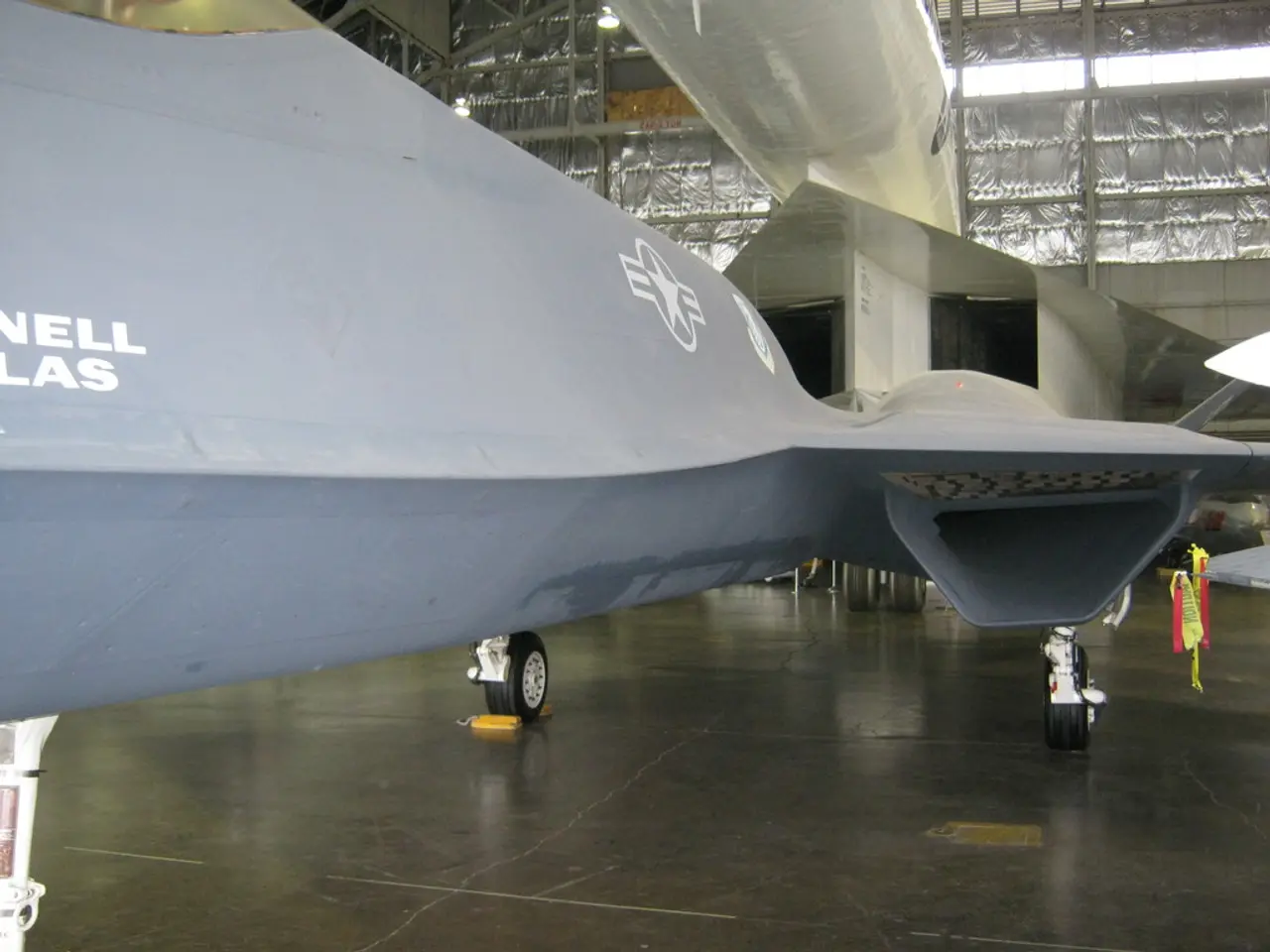Aviation Public-Private Partnerships (PPP) face favorable regulations, influencing their development
In a significant move, the Government Office of Vietnam has concluded a meeting on draft amendments to the Law on Civil Aviation, aiming to modernize the sector and attract investment. The current Law on Civil Aviation was issued in 2006 and last amended in 2014.
The proposed amendments focus on creating a more robust, transparent, and environmentally aligned aviation legal environment. Key aspects include:
- Inclusion of Drones in Civil Aviation Law: The 2025 overhaul introduces stricter rules for drone operation, reflecting the growing role of unmanned aircraft in aviation and safety considerations.
- Modernization of Aircraft Mortgages and Securities: Amendments encourage investment by allowing more complex security arrangements, including combining traditional mortgages with guarantees and credit agreements. Trials of blockchain for transparency and efficiency in aircraft mortgage registration are underway.
- Environmental and Emissions Regulations: Vietnam commits to joining the global Carbon Offsetting and Reduction Scheme for International Aviation (CORSIA) by 2026, incorporating emissions tracking, reporting, and fuel standards into the legal framework.
- Simplified and Clear Aircraft Registration Procedures: Amendments clarify the legal framework and streamline procedures for aircraft registration and deregistration, facilitating easier compliance for owners and operators.
Aviation lawyer Tuan Nguyen believes these amendments are a good signal for the business community and the market. The Ministry of Construction (MoC) has also proposed improvements to the public-private partnership (PPP) mechanism, emphasizing the importance of a consistent and clear legal framework for PPP investment success.
Meanwhile, the private sector continues to show interest in the PPP model within the domestic aviation sector, which continues to post double-digit annual growth and high demand for expansion. However, challenges remain, such as the termination of the contract for Phan Thiet Airport's investor in 2023 and the lack of an investor for Sapa Airport in the northern province of Lao Cai.
The MoC is to ensure open and enabling conditions for all economic sectors to develop aviation infrastructure. In 2024, Quang Tri Airport was proposed with a total investment of over $232 million, with a joint venture between T&T Transport Infrastructure Investment and Development and CIENCO 4 as the proposed investor. The proposed Quang Tri Airport design targets a capacity of one million passengers and 3,100 tonnes of cargo annually, with the passenger figure expected to double by 2046.
Deputy Prime Minister Tran Hong Ha chaired a meeting on June 16 on amendments to the Law on the Civil Aviation Authority of Vietnam to align with international treaties and develop the sector. The government aims to raise the total airport capacity to 275.9 million passengers by 2030, but the state budget is expected to cover only 65.8 per cent of the required investment. The state will, therefore, invest only in areas unattractive to the private sector.
These amendments reflect a comprehensive approach to regulatory updates covering operational safety, financing, environmental sustainability, and administrative efficiency, all aimed at enhancing investor confidence and helping modernize Vietnam’s aviation sector.
Technology plays a crucial role in the modernization of Vietnam's aviation sector, with the proposed amendments to the Law on Civil Aviation including trials of blockchain for transparency and efficiency in aircraft mortgage registration (Blockchain technology). Additionally, the growing role of unmanned aircraft, such as drones, necessitates stricter rules for their operation, emphasizing safety and technology considerations (Technology for drone operation).




